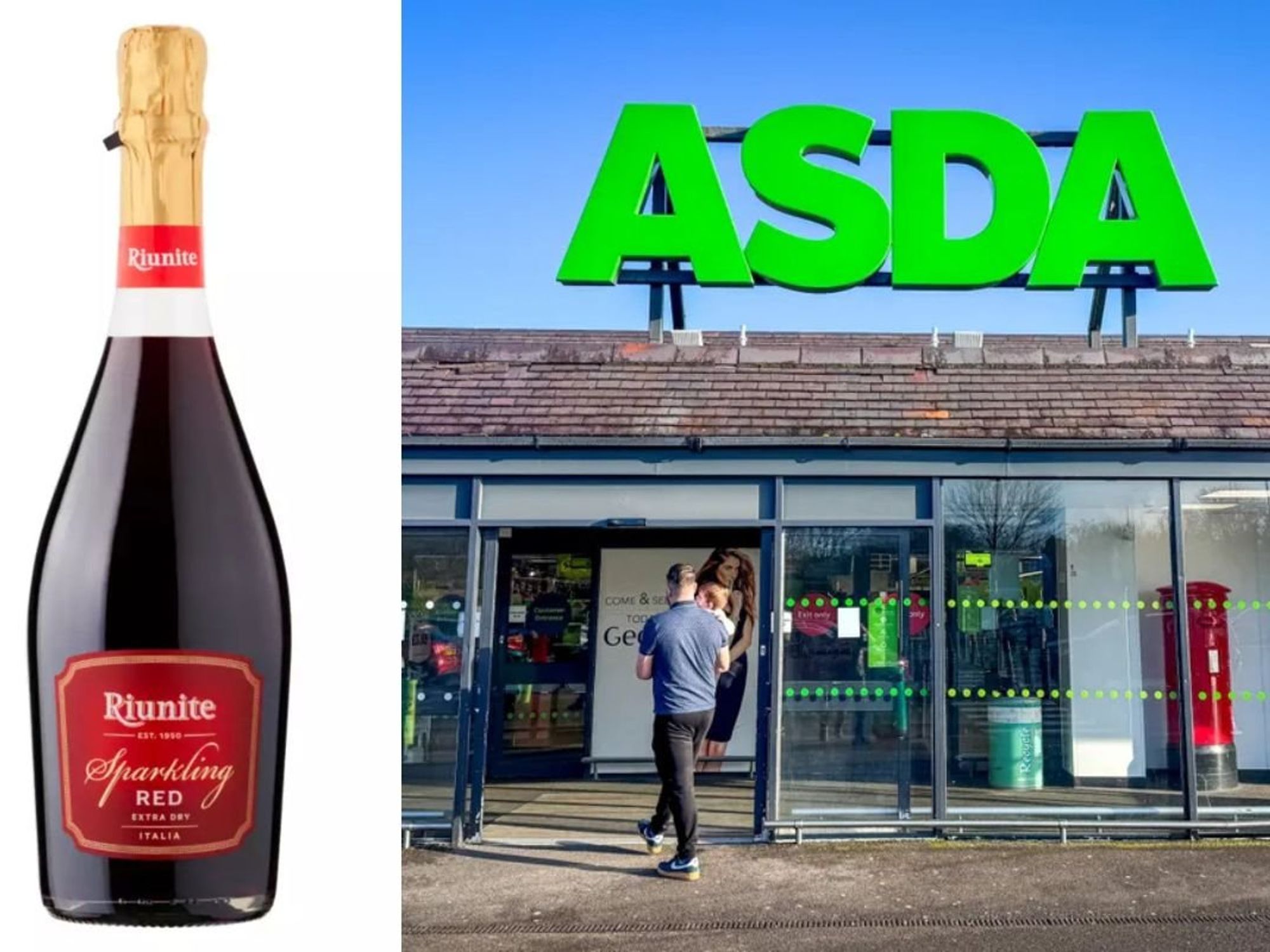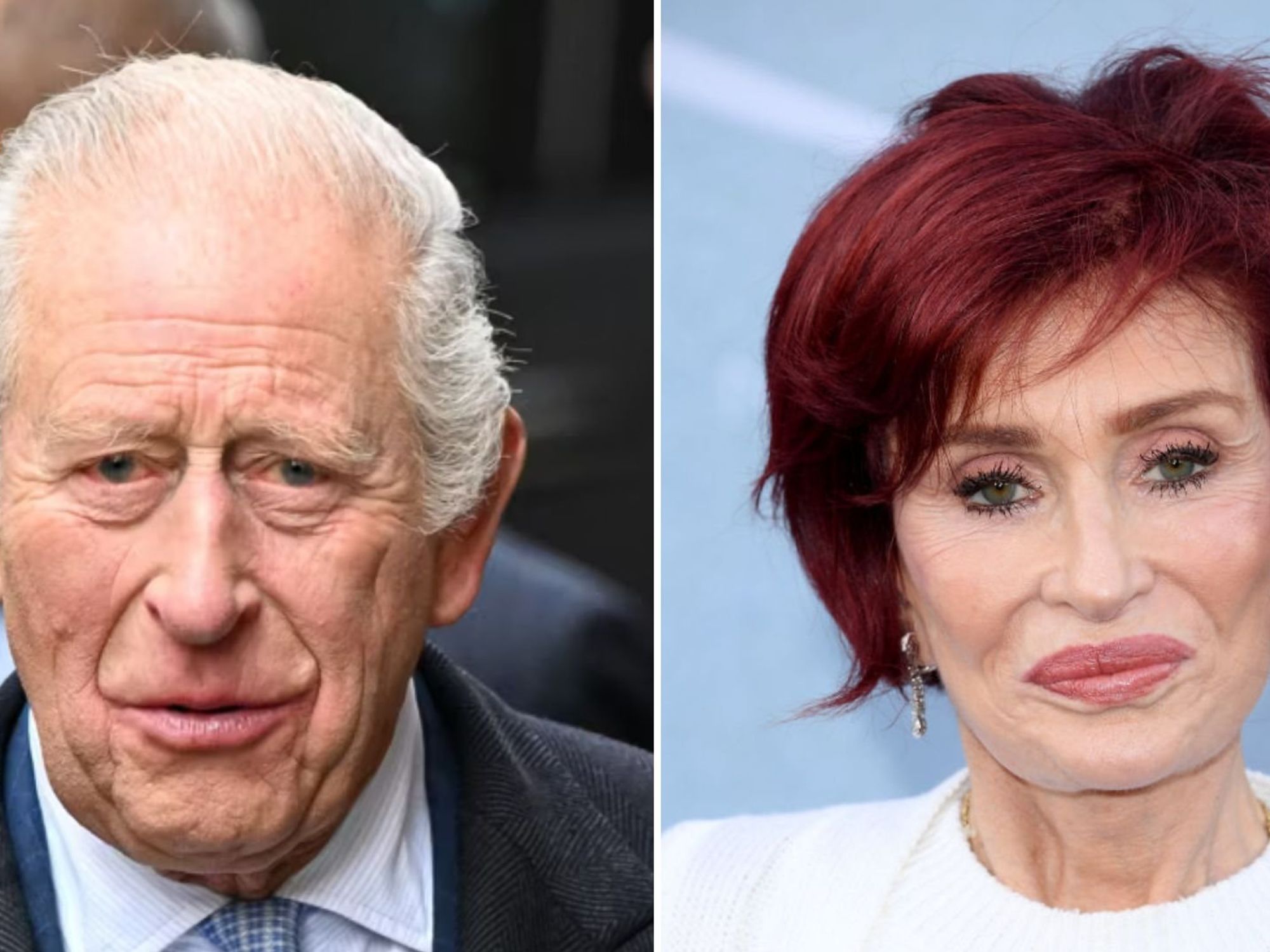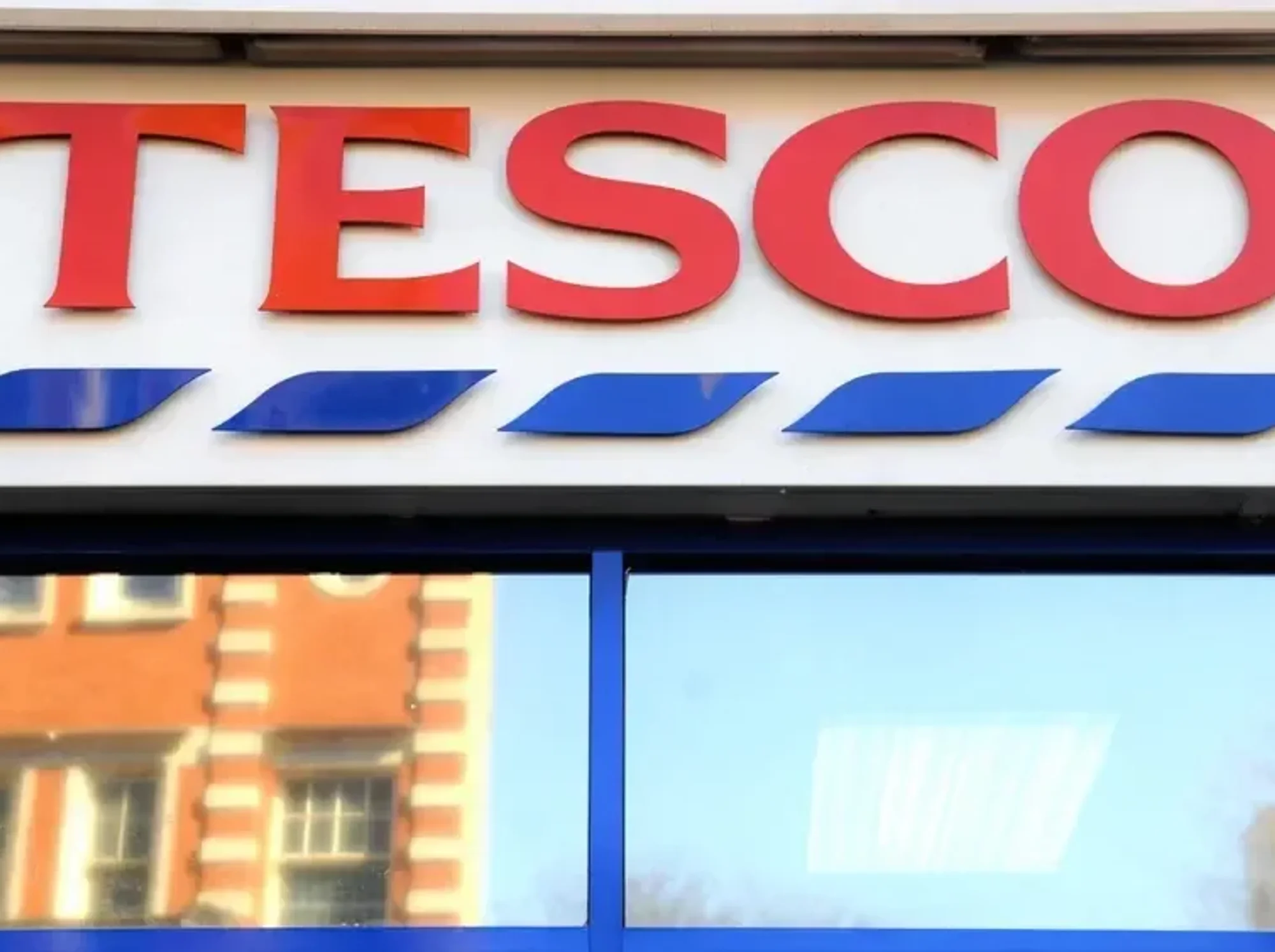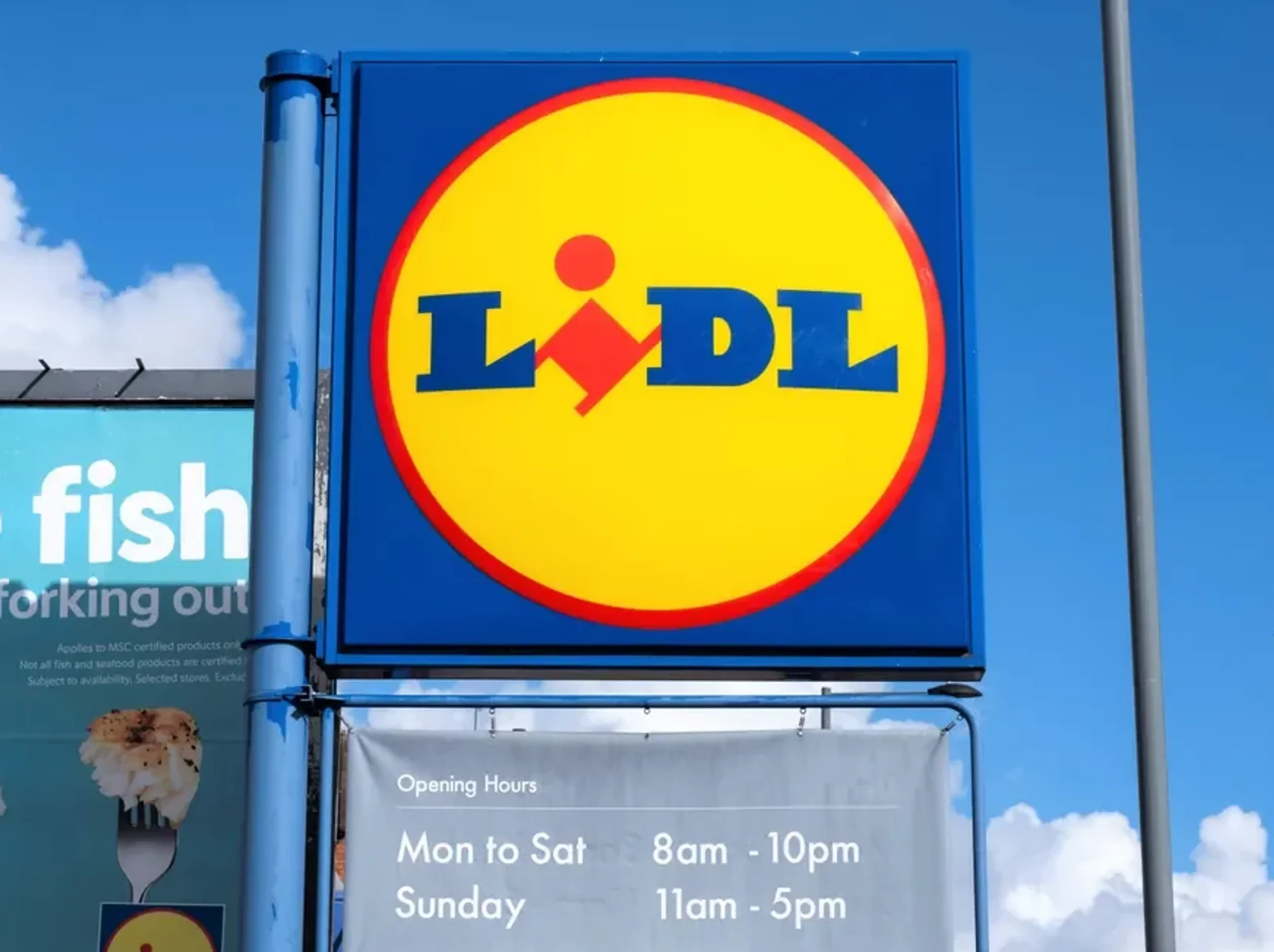670,000 children to be plunged into poverty under DWP Universal Credit benefit cap: 'Inherent unfairness!'
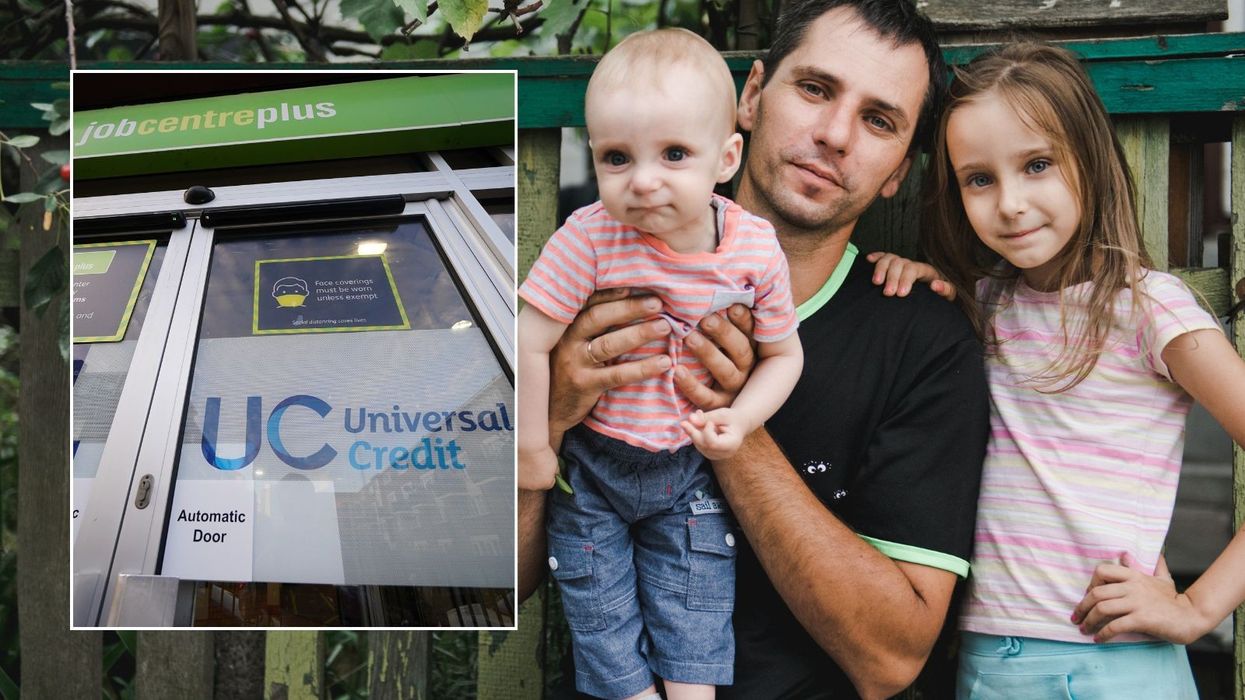
The IFS is sounding the alarm over the impact of the "two-child" benefit cap
|PA/GETTY

Universal Credit payments for families with more than two children are restricted under the DWP benefit cap
Don't Miss
Most Read
Some 670,000 children will be plunged into poverty by the end of the next Parliament with families set to lose at least £4,300 according to new research from one of the country's biggest think tanks.
Research by the Institute of Fiscal Studies (IFS) is highlighting the impact of keeping the "two-child" benefit cap in place by the Department for Work and Pensions (DWP) on payments such as Universal Credit.
The Conservative-led Government policy places a restriction on low-income families applying for Universal Credit and tax credit for their first two children.
According to the IFS, households are expected to miss out on £3,455 per child a year due to this policy with the Tories and Labour Party failing to mention scrapping in their respective election manifestos.
In comparison, the Green Party and Liberal Democrats have promised to end the "two-child" benefit cap going into July 4's General Election.
The policy is applicable to child born after April 2017 and currently affects two million children. This is expected to increase by 250,000 by next year and 670,000 by the end of the next Parliament.
Do you have a money story you’d like to share? Get in touch by emailing money@gbnews.uk.

Households are losing thousands of pounds to the policy
| PAOnce fully rolled out, the DWP restriction will apply to one in five children, with 38 per cent of those being in the poorest fifth of households.
As it stands, the "two-child" benefit slashes the income of the average affected families by £4,300 annually despite the fact 57 per cent of these households having at least one adult in work.
In the last 10 years, the share of families with three or more children in relative poverty has risen from 35 per cent to 46 per cent with experts citing the cap as being partially responsible for this trend.
The IFS claims the policy will have raised the number of children living in relative poverty by an estimated 500,000. Notably, relative poverty among smaller families with one or two children from 26 per cent to 22 per cent over the same period.
Scrapping the "two-child" restriction on Universal Credit claims would cost the Government £3.4billion a year in the years to come, the IFS claims.
According the institute, this is the equivalent to around three per cent of the DWP's total working-age benefit budget, or the cost of freezing fuel duties for the next Parliament.
Eduin Latimer, a Research Economist at IFS, said: "The two-child limit is one of the most significant welfare cuts since 2010 and, unlike many of those cuts, it becomes more important each year as it is rolled out to more families.
"It has a particularly big impact on the number of children in poverty for two reasons: it mostly affects poorer households and, by definition, its effects are entirely concentrated in families with at least three children.’
Mubin Haq, Chief Executive of abrdn Financial Fairness Trust, added: "The number of children affected by the two-child limit is set to increase by a third over the next five years. The limit has been a significant contributor to child poverty amongst large families during a period when poverty for families with one or two children fell.
"If the next Government is serious about tackling child poverty, it will need to review the two-child limit. There is an inherent unfairness in the policy as it affects only those children born after April 5, 2017. The majority of families affected are in work or have caring responsibilities for disabled relatives or young children."
LATEST DEVELOPMENTS:
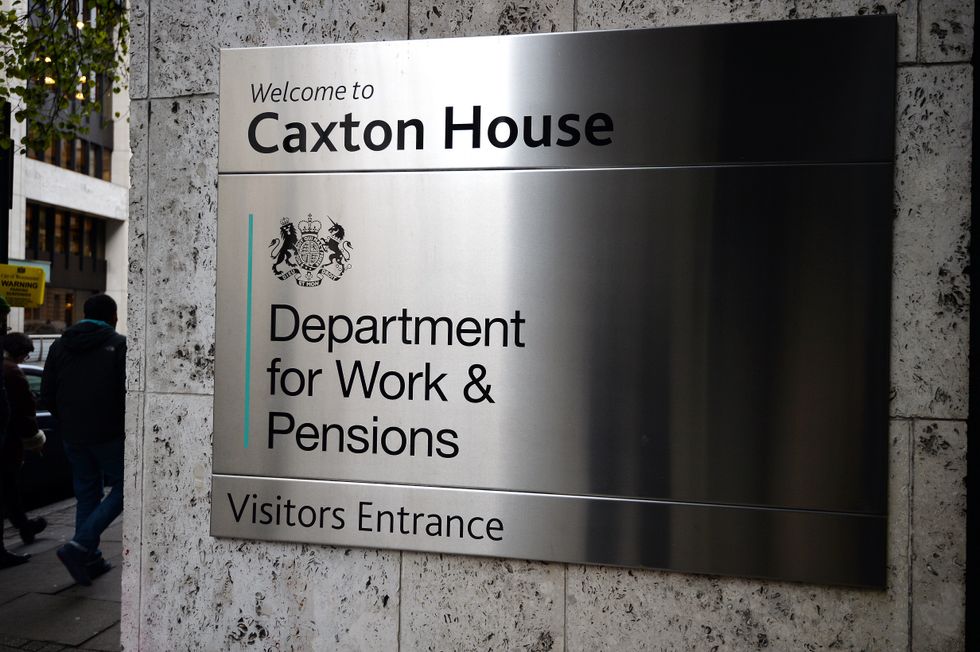
The Government is under fire for its "two-child" benefit cap
| PAA Government spokesperson said: “There are 1.1 million fewer people living in absolute poverty compared to 2010, including 100,000 children and our £108bn cost of living support package prevented 1.3 million people falling into poverty in 2022/23.
“Children are five times less likely to experience poverty if they are living in a household where all adults work compared to those in workless households.
“That is why we have reduced the number of children living in workless households by almost 700,000 and are rewarding hard work by raising the National Living Wage and cutting taxes, while our Back to Work Plan with expanded childcare support for parents will help over a million people to find, stay and succeed in work.”
A Labour spokesperson told GB News: “The number of children growing up in poverty in our country is a damning indicting of the last 14 years of the Tories.
“The last Labour government lifted more than half a million children out of poverty and we are determined to build on this record, which is why we’ve committed to an ambitious new cross government strategy to tackle child poverty.
“We are under no illusions about the scale of the task ahead if we win the election. Labour has already set out how we would make a start, with free breakfast clubs in every primary school, cutting fuel poverty and bringing down energy bills, banning exploitative zero hours contracts, making work pay, ending no fault evictions and creating more good jobs right across the country.”





